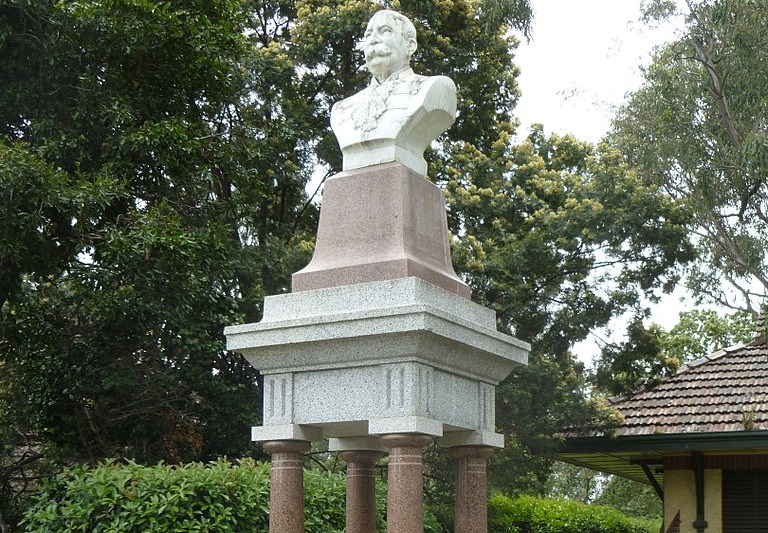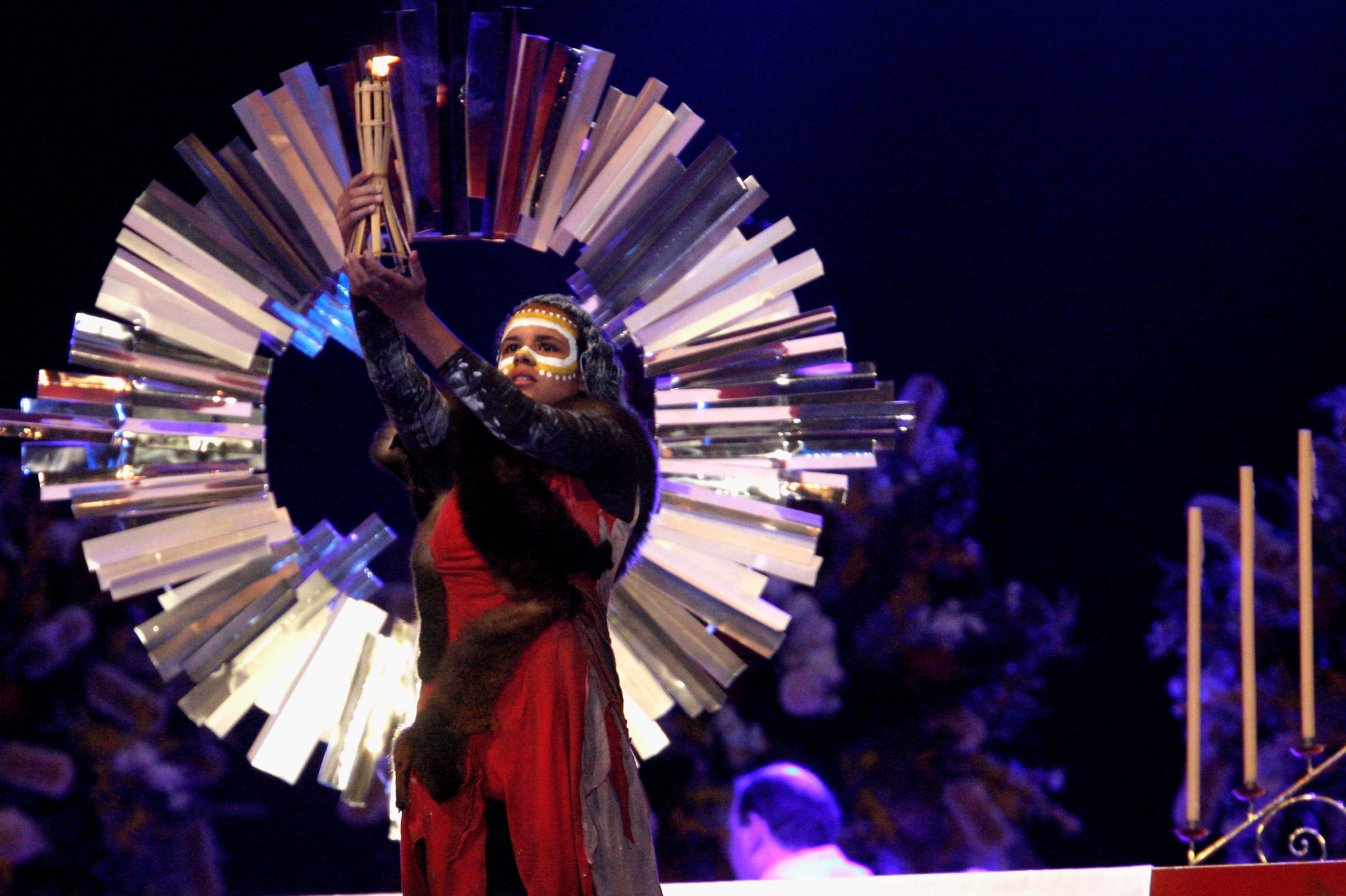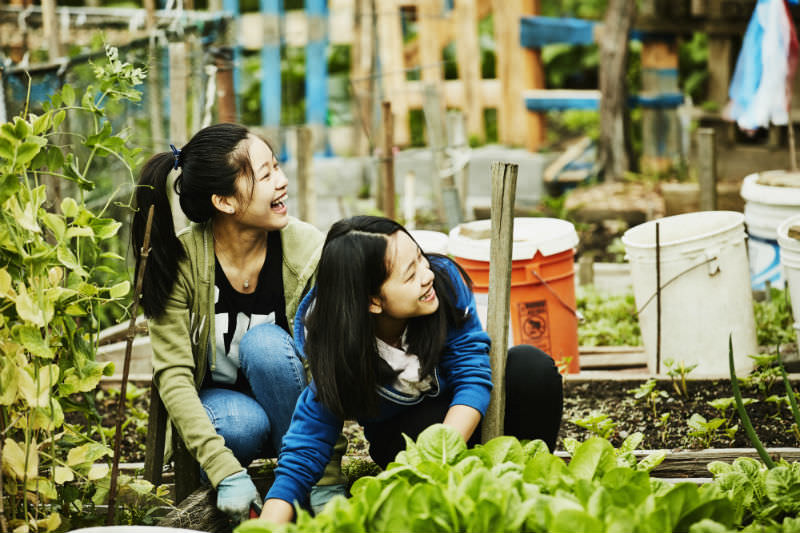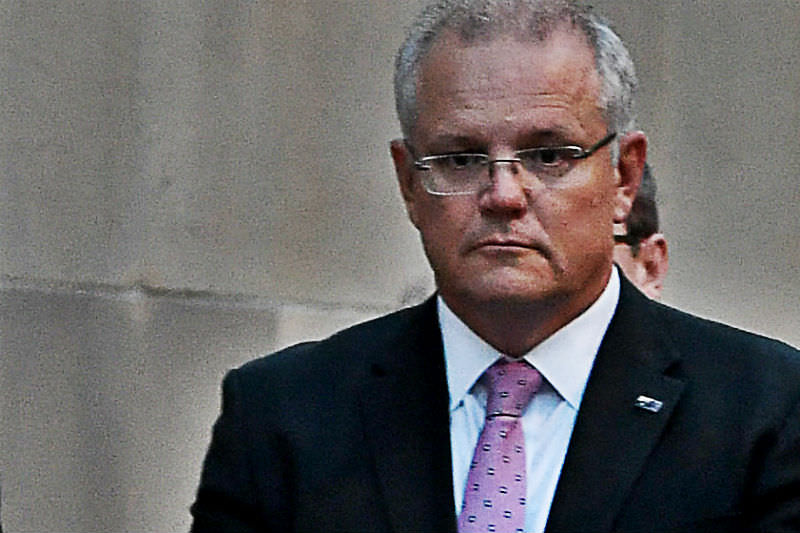Keywords: Catholic Social Teaching
-

ARTS AND CULTURE
- Andrew Hamilton
- 16 July 2020
6 Comments
These statues form part of the rich texture of our daily lives, personal histories and cultural environment. They invite tolerant smiles rather than scowls. This article celebrates a selection of friendly Melbourne statues that have reflected places where they and I have stood. It invites you to make your own selection.
READ MORE 
-

RELIGION
- Andrew Hamilton
- 02 April 2020
13 Comments
One of the challenges posed by social distancing is how to reconcile personal presence with distance. Presence is tactile and up close. Measuring out the prescribed separation as people walk around the park in the early morning tends to turn familiars into strangers and greetings into distancings.
READ MORE 
-

AUSTRALIA
We are living in a time of pandemic but it seems so many people have been more focused on panic buying or flouting restrictions on social distancing and public gatherings. Why is it that many are less concerned about the virus than what they can buy or do?
READ MORE 
-

RELIGION
- John Lochowiak
- 24 February 2020
17 Comments
Pope Francis’ 'Querida Amazonia' (Beloved Amazonia) has been warmly received by many members of the Aboriginal and Torres Strait Islander Catholic community. The tone of the exhortation is reflective of the position that underpins our vision for the Church in Australia — a Church that is open to the gifts of First Nations Catholics, honest to the past and embracing of a new way of thinking that utilizes the principle of subsidiarity.
READ MORE 
-

FAITH DOING JUSTICE
- Andrew Hamilton
- 19 February 2020
5 Comments
Catholic reflection on social justice has been supercharged by Pope Francis, who in his encyclical Laudato Si declared the Cry of the Poor and the Cry of the Earth to be central to faith. He also insisted that neither could be addressed simply by technological fixes but required personal conversion to see the world as gift to be respected, a home, and not as a prison or a mine.
READ MORE 
-

EDUCATION
- Sol Kochi Carballo
- 20 January 2020
12 Comments
If you're a teacher, acknowledging that you most likely have an LGBTQ student can give a whole new sense to your sex-ed lessons. It means you understands you're not just teaching straight kids about gay sex, but helping the queer teen in your classroom make smart decisions.
READ MORE 
-

AUSTRALIA
- John Warhurst
- 26 August 2019
14 Comments
Regional and rural Australians possess many powerful voices. As well as having a political party of their own, the Nationals, they are represented by many powerful lobby groups. Language which seeks to privilege quiet over loud citizens has the effect of advantaging the strong over the weak and insiders over outsiders in our political life.
READ MORE 
-

EDUCATION
- Anthony Dillon
- 16 August 2019
10 Comments
We need to change the language from improving 'attendance' to improving 'engagement' — to reflect that schools need to be places of learning for Indigenous children, not just minding centres, and that learning comes with engagement.
READ MORE 
-

EDUCATION
- Stevie Troy
- 13 August 2019
12 Comments
This is the influence Christian schools retain under current legislation. Faith-based schools are given the right to maintain teachings around sexuality, but that shouldn't be given higher priority than students' wellbeing. It's why I fell through the gaps. It's why 13 years later I and the public health system are dealing with the consequences.
READ MORE 
-

FAITH DOING JUSTICE
- Andrew Hamilton and Madison Rosaia
- 26 July 2019
6 Comments
When devising policies for people on the margins, Australian governments seem always to settle on punitive measures. Although imprisonment has a place in penal policy, the focus should be on the persons who perpetrate crime and on those who are damaged by it. Penal policy is ultimately about ensuring just relationships.
READ MORE 
-

FAITH DOING JUSTICE
- Chris Middleton
- 25 June 2019
10 Comments
In addressing these issues as priorities, I would argue for not focusing on big ideological statements or on a one-size fits all climate policy, but rather invest in the resilience and adaptability of a capitalist/consumer system to meet our environmental concerns.
READ MORE 
-

RELIGION
- Neve Mahoney
- 20 June 2019
22 Comments
'Male and Female He Created Them' could have addressed how Church teachings could better coexist with LGBTQI+ experiences to benefit LGBTQI+ students. But that can't work if the document's authors don't listen to LGBTQI+ voices and when the foundational argument is to problematise LGBTQI+ people's existence.
READ MORE 